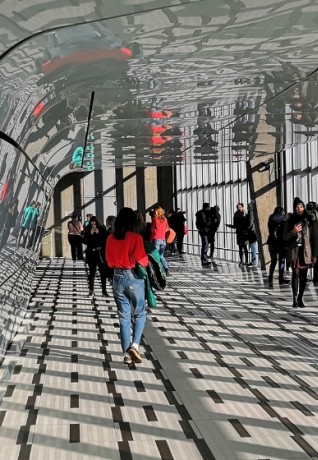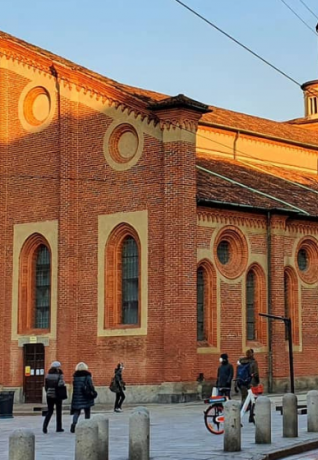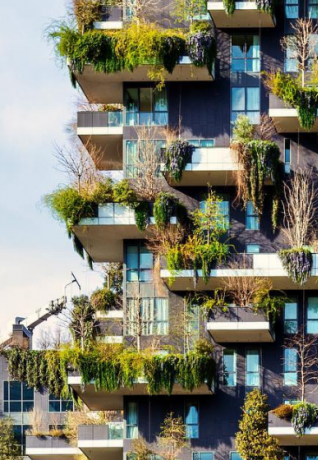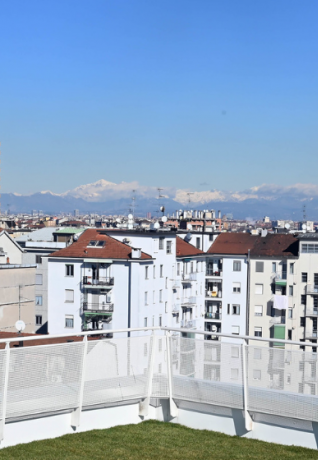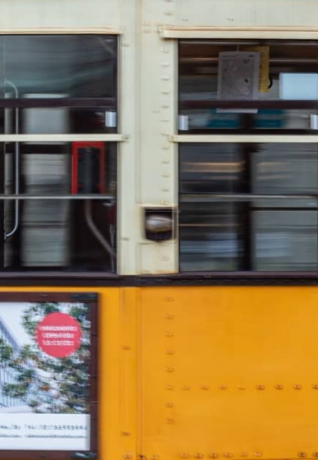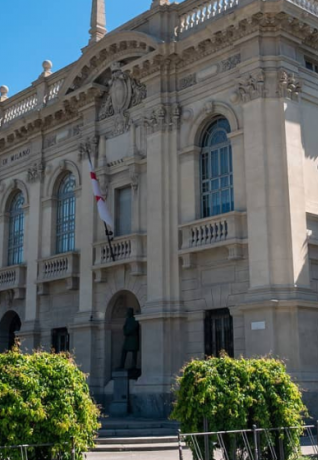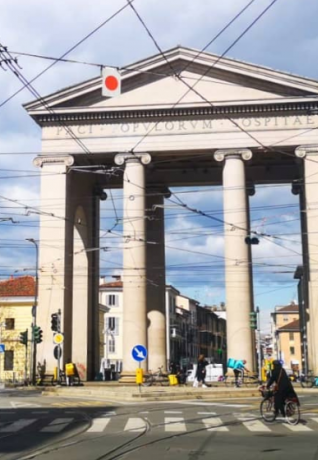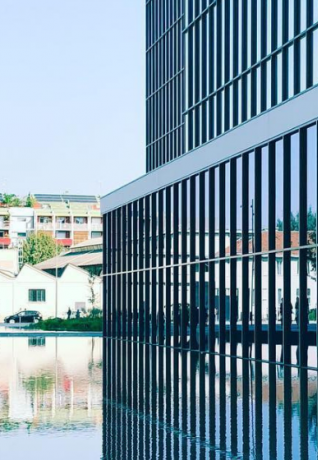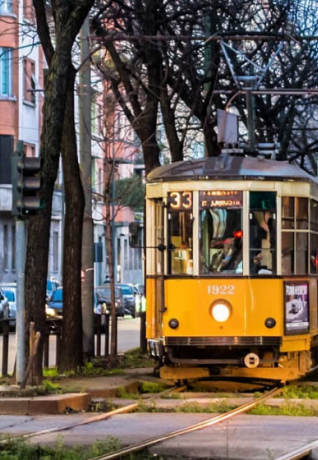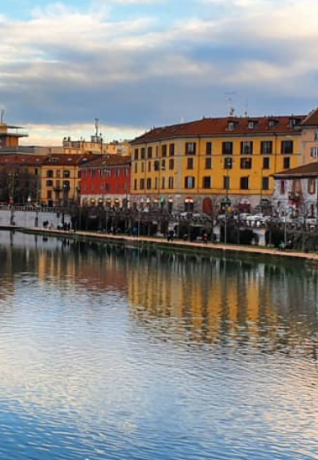YESMILANO WIRE - THE FUTURE OF TRAVEL
BIT – Special Talk
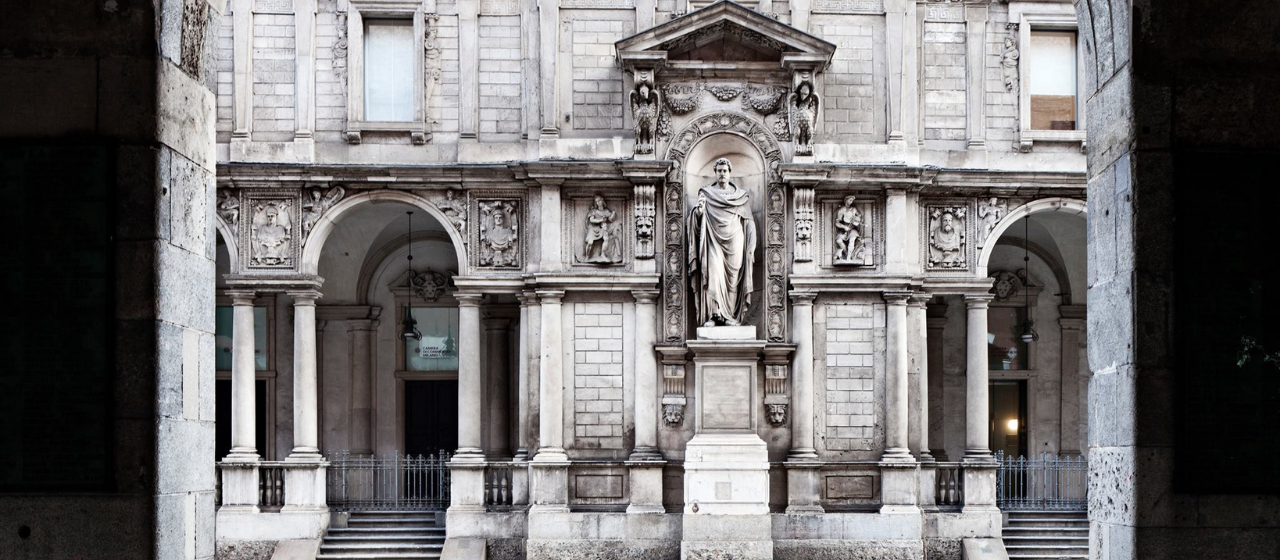
At Giureconsulti, the renaissance palace property of the Milan Chamber of Commerce, Luca Martinazzoli of YesMilano and Carlo Antonelli of Fiera Milano presided, in the physical presence of science-fiction writer Bruce Sterling, a remote panel of international experts for this year’s digital edition of BIT, the international tourism fair organized each year by Fiera Milano. The talk verdged on the future of travel and tourism thirty years from now, after the (temporary?) setback that the tourist industry has suffered with the pandemic.
Luca Martinazzoli thus introduced the main issues to be debated by the guest speakers along with long-term scenarios: i) The relationship between travel and large urban spaces; ii) the relationship between travel and luxury and the individual allocation of time to leisure activities; iii) luxury as a lifestyle and consequent impact on tourist demand; iv) the importance of tourism on the urban and national economy. Carlo Antonelli interacted with the panel, by egging them on to move beyond the short-term horizon, still affected by epidemiological restrictions, towards the far future of tourism as a unique form of experience, exploration, discovery, immersion, pleasure.
WATCH THE VIDEO OF THE COMPLETE TALKS
Below for this special edition of YesMilano Wire, the highlights of the speeches by Bruce Sterling, genius of cyberpunk, Tyler Brûlé of Monocle magazine, Luca Finardi of Mandarin Oriental, Fabio Cannavale of Lastminute.com, Frank Uffen of The Student Hotel, Davide Grasso of Maserati Cars, and Massimiliano Valerii of CENSIS national social research institute.
The visionary co-founder of cyberpunk offered a glimpse of tourism in Italy throughout the centuries, along with the description of four future scenarios that await the tourism industry in the years to come. 2019 was a record year for tourism in the Peninsula, driven by strong demand from the global middle class. After the pandemic, combinations of relative wealth inequality and morbidity are likely to drive the future of tourism, i.e. whether or not virus circulation stays high and whether or not wealth and income redistribution occur. According to Sterling, the most probable scenario is also the most favorable one for Milan: a tamed pandemic where the money of the American oligopolists, Russian oligarchists and Gulf sheiks are spent with abandon in the world capital of design and lifestyle. After an excursus on the 700 years of history of tourism in Italy, the Texan author observes that Italy without tourists is like a theater without spectators and that this forced isolation of Italians left alone with themselves, should make them reflect on the fact that they still do not understand what foreigners want from an Italian vacation in addition to the art capitals. We need to create tourist attractions like Last Vegas or Disneyland, for example a lava theme park around the Etna or Stromboli volcanoes. If you look at the very long term, rising seas due to global warming seem inevitable, jeopardizing the beauties of a peninsula like Italy. To save the wonders of Venice and the Italian rivieras, it could be necessary to plug the Strait of Gibraltar with a huge dam (!), in order to salvage the civilization of the Mediterranean basin, which would thus turn into a the most important cultural reserve of the planet.
The Canadian publisher whose magazine is synonymous with luxury & lifestyle tourism considers unjustified the pessimism engendered in public opinion regarding the impossibility of returning to travel as before. According to him, we will soon return to our habits also with regard to travel both within and outside national borders. He criticizes the Brussels Commission and the Geneva IATA for not yet giving continental guidelines on green passes to travel acriss Europe this summer and replicate the boom in domestic tourism experienced by America and Australia in response to the ban on foreign travel. The desire to return to travel abroad remains strong and already today the enterprising travelers, who tend to be the richest and most creative ones, cross borders and test the limits of the curfews to recover public space. As he tells in his latest book, people need to be social and to get in touch with the cultures of the countries they wish to visit, in particular Milan and Italy and wealth of art, culture, cuisine and history they offer moneyed visitors: the dolce vita will continue to be an envied lifestyle and a competitive asset for Italian tourism, if it is able to find the right narrative of Italy’s heritage and not try to sell it to everyone.
Italy continues to be of great interest to for international hotel companies. For instance, Mandarin Orientale plans to open another 5-6 hotels in Italy, including one in Puglia and one in Sardinia to cater to holiday tourists. For Luca Finardi, the luxury hotel sector is experiencing a new trend, after the switch between business and leisure travel that occurred with the pandemic, and this especially applies to Milan: leisure travel is increasing while business travel is declining proportionally. Visitors are driven by the desire to know the true lifestyle of the city that hosts them, that is, tourism as experience starting from an increasingly digital hotel room, where everything is done with ae QR Code (meals in the room, check-in, concierge, etc.). There a strong international trend of growing appreciation towards Milano’s gastronomy, culture, fashion, interior design, hospitality, and way of life. For luxury tourism flows to Italy, thehe summer of 2021 will be interesting and for 2022 a full recovery is expected. There is a lot of competition from new foreign destinations, however. Testimonials and storytelling such as those proposed in the video clip with De Niro and Federer to promote tourism in Switzerland should also be imitated by Italy.
Cannavale’s intervention was perhaps the most polemic, given that for the crisis of tourism, he blames in large part the regulatory uncertainties on the part of governments during the year and a half of the pandemic. From Lugano, the owner of Lastminute.com, the site that sells last-minute travel packages at discounted prices, sees a very strong latent demand for tourism that will restart as soon as the national and European authorities lift restrictions. He sees millennials as the protagonists of the recovery in international tourism demand and thinks that the same pre-pandemic air mobility will return within 2-3 years. He believes that the most educated, largely already vaccinated, will be the first to resume traveling. As for long-term trends, the entrepreneur and investor in startups sees an accelerated ‘airbnbization’ of the hospitality industry to the detriment of the hotel sector. In addition, vacation resorts will be greatly downsized and the integration of the tourist experience with the own cultural experience of the locals will be greatly increased.
The Student Hotel is a successful chain of luxury hostels present throughout Europe. In Italy, it is in Florence, Bologna and Turin and will soon open in Milan and Rome as well. The company invented the concept of staycation, whereby students, but also tourists and business travelers (23% of the total) stay for long periods in a city to immerse themselves in the urban experience and acclimatize themselves to local customs. With the pandemic, the possibility for the Erasmus generation to study anywhere and from anywhere has further increased and travel mobility between European cities has not diminished for this demographic segment. In Uffen's words: “With wi-fi and 5G, people can study and work everywhere they want”. This leads entire academic colonies to quarter themselves in co-working and community spaces, either in remote places or in neighborhoods far from downtown. People are tired of mass tourism and the lack of connection with the surrounding environment while they travel. At Student Hotel, local inhabitants and associations can use the spaces and facilities of the hostels, also to work and interact with students there. "Hospitality in the future will have to be locally relevant for a global generation like Generation Z." Milan is an attractive destination because it is a relevant place for both travelers and locals thanks to its cosmopolitan dimension, which puts Milano in good situation to retain and attract young talent thanks to the gravitational pull of its lifestyle, concludes the executive.
Davide Grasso has enormous experience in international marketing, something that led him to Maserati, the legendary car that is a star of Italian luxury exports. In his speech, he looks at how the concept of luxury has evolved over the last twenty years, from a rare and exclusive good destined for the elite to an aspirational asset open to the global middle class. There has been a democratization of luxury, which has also led to applying the parameters of luxury to product categories that were outside its aura and reaching younger generations who were previously excluded from enjoying it. Luxury is constantly changing, and the growth of the middle class has created an expansion of the aspiration to luxury with upward segmentation of a whole new range of accessories and services. Today, particularly for the upper classes who have to deal with pressing commitments and stressful rhythms, the use of leisure in a sophisticated and enriching form is the highest form of luxury that exists, says Davide Grasso, who bets on luxury tourism as flywheel for the entire sector.
Valerii brings the macro perspective to the health of Italian tourism. He warns against the predictions about the end globalization after Covid-19, pointing out that both after 11 September and after the 2008 financial crisis, doomsayers were wrong and tourism and investment flows ended up recovering and growing again at a fast pace. Certainly, the increase in global interdependence means that there will be other political, economic or epidemic shocks, and a more rapid system of response to global and systemic crises is needed. For example, Italy and Europe cannot wait for the snail-paced timetable of the Recovery Plan. Furthermore, the pandemic has made the element of security even more central to people's lives. The fear of terrorist attacks and dangerous infections must be addressed head on by designing a tourist offer that contains immunization from risk in its various forms. Italy has yet to recover from the Great Recession: exports and tourism drove demand in the face of stagnation in domestic consumption in the 2010s. The coutntry had become accustomed to the inevitable quantitative increase in tourism, now operators need to go further in terms of higher quality of the tourism that Italy offers to the world. In 2019, 1.5 billion travelers were registered, with Italy accounting for 3.4% of world tourist demand, i.e. an industry that represents 13% of GDP and 15% of employment. In these ten years, concludes the researcher, we have seen a +75% increase in non-hotel accommodation and it is there that the industry is headed to, although the pandemic crisis has highlighted the excessively small average size of firms and the lack of adequate skills, including communication, to valorize territorial attractiveness.

 Log in
Log in
